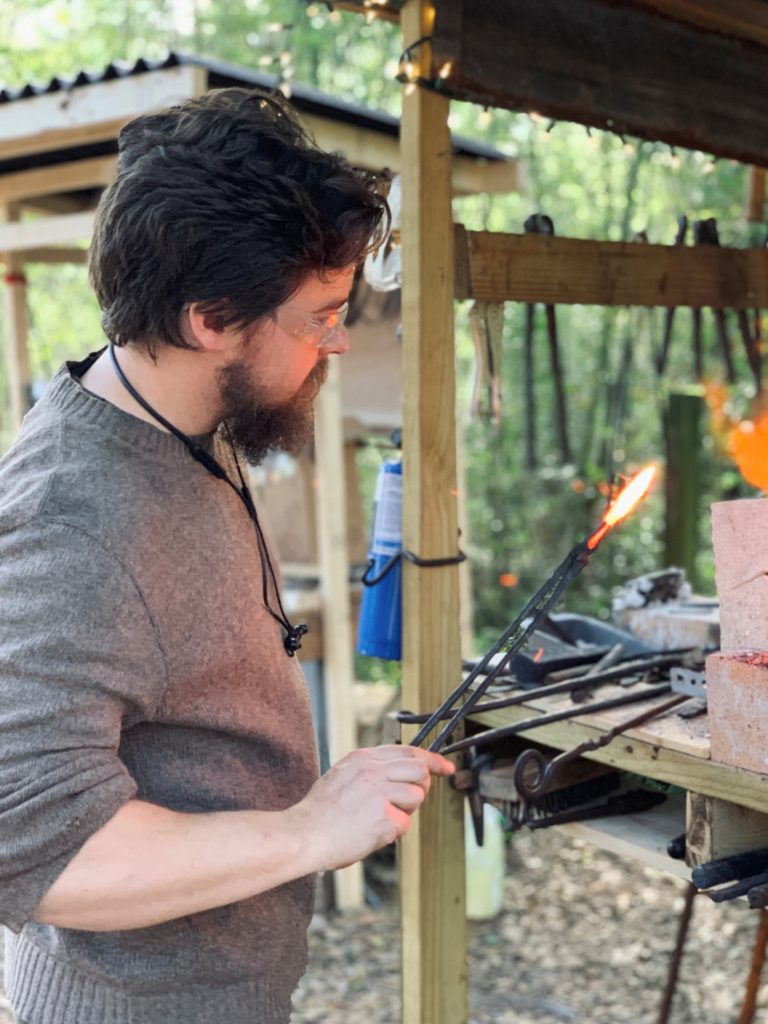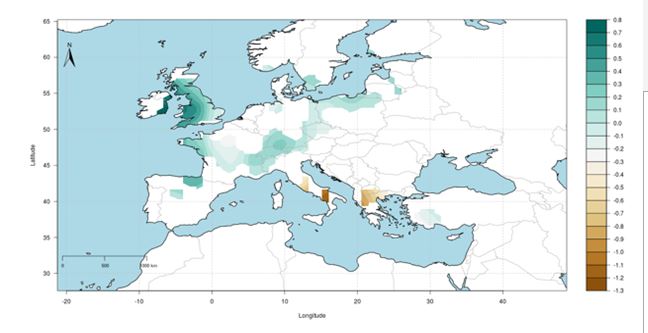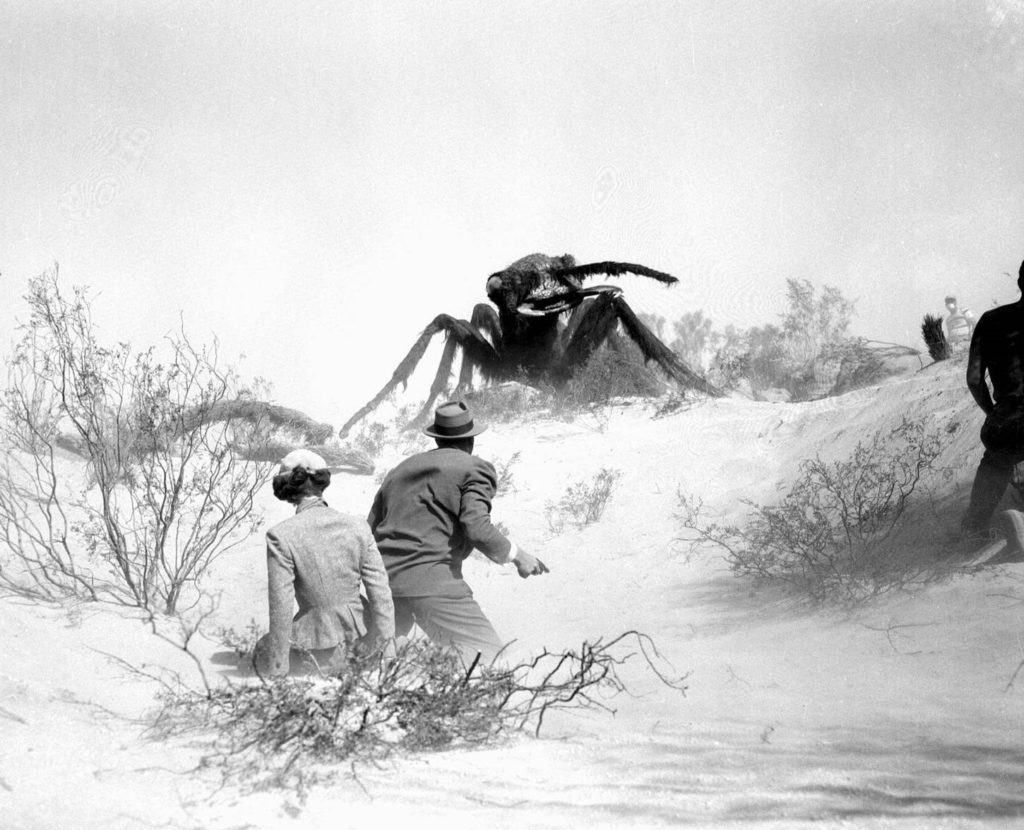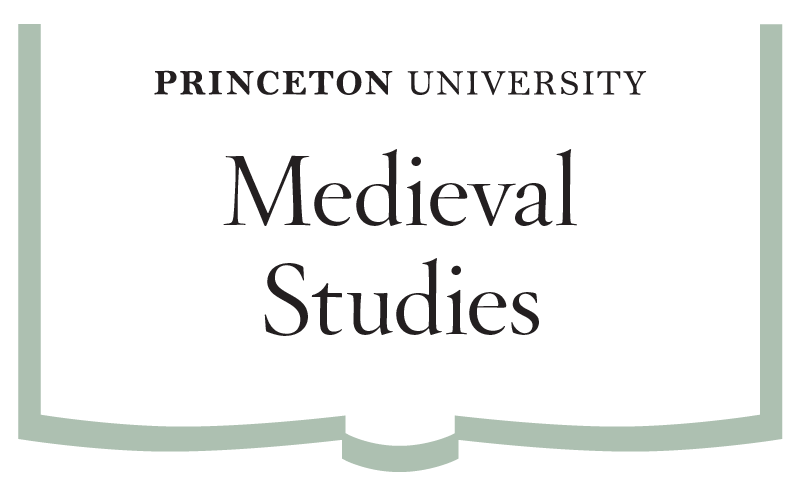UPCOMING SEMINARS
The Environmental History Lab of the Program in Medieval Studies invites you to a virtual seminar:
Wednesday, May 4, 2022
4:30-6:00 pm EST – Zoom, Register below for Link
Iron in Early Medieval England: Experimental Art and Archaeology
Speaker: Dr. Andrew Welton, University of Florida

Discussion to follow presentation
Open to the Public
Registration Required: Register HERE
With thanks to the Program in Medieval Studies and Climate Change and History Research Initiative and Department of Art & Archaeology.

________________________________________________________________________________________________________________
The Environmental History Lab of the Program in Medieval Studies invites you to join us for the fourth seminar of Spring 2022:
WORKSHOP: “Experimental Iron Smelting (medieval methods)“
Friday, May 6, 2022
11:00 am EDT: Process (Fire/Loading) begins
3:30-4 pm EDT: Furnace opened
Location: Blair/Joline Courtyard, Mathey College
ADVANCED REGISTRATION REQUIRED (See below for Link)
Speaker(s): Dr. Andrew Welton, University of Florida

This in-person event will be videotaped and posted on the EHL website afterwards.
NB: In-person attendance is guided by Fire Safety protocols. Members of the Princeton University
and local Princeton area communities are welcome to attend this outdoor event.
Please note that individuals without a PU ID will not be able to enter buildings.
REGISTRATION IS REQUIRED FOR THIS EVENT, please register HERE
With thanks to the Program in Medieval Studies, Council on Science and Technology, Humanities Council,
Department of Art & Archaeology, Program in Archaeology, and Department of Classics

PAST SEMINARS
The Environmental History Lab of the Program in Medieval Studies invites you to join us for the second seminar of Spring 2022:
Tuesday, March 29, 2022
12:00-1:20 PM EST
via Zoom (Registration Required, See link below)
SEMINAR: “The Black Death and the Justinianic Plague – Useful Frameworks for Historical Comparison? Insights from Big Data Paleoecology”
Speaker(s): Dr. Adam Izdebski, Max Planck Institute for the Science of Human History, and Dr. Kevin Bloomfield, Cornell University

With thanks to the Program in Medieval Studies and Climate Change and History Research Initiative and Department of Art & Archaeology.

_____________________________________________________________________________________________________________
Wednesday, February 16, 2022
4:30-6:00 PM EST
via Zoom (Registration Required, See link below)
SEMINAR: What Creeps Below and Buzzes Above: Multispecies Entanglement in the Early Medieval House Presentation followed by Q&A Discussion
Speaker: Rachel Brody, Doctoral Candidate, Department of History, Boston College

_____________________________________________________________________________________________________________
Wednesday, October 6, 2021 4:30pm
An ‘Under’ World of Practices: Romano-British Religious Cults in the Severn Valley
The Environmental History Lab of the Program in Medieval Studies invites you to join us for the first EHL seminar of Fall 2021. This is a virtual seminar via Zoom.
Speakers:
Dr. Janet E. Kay, Associate Research Scholar, Department of Art & Archaeology, Princeton University
Avner Goldstein ’21, Doctoral Candidate, Department of History, Boston College
_____________________________________________________________________________________________________________
Tuesday, October 6, 2020 13:30
Seminar 1: Lessons from the past? Terms of the debate and some examples
Hugh Elton (Ancient Greek & Roman Studies, Trent University), John Haldon (History, Princeton) and Adam Izdebski (Max-Planck-Institute for the Science of Human History, Jena)
General introduction and a case study: How does an empire reconfigure itself? Rome and Byzantium, 5th – 8th centuries CE
Lee Mordechai (Hebrew U Jerusalem) and Merle Eisenberg (National Center for Socioenvironmental Synthesis, Annapolis)
How do pandemics affect early medieval societies?
Tim Newfield (History & Biology, Georgetown U) and Dr. Annelise Binois (University of Copenhagen)
The societal impacts of livestock plagues
Tuesday, October 13, 2020 13:30
Seminar 2: Risk Management and Historical Theory
Luke Kemp (Centre for the Study of Existential Risk, U Cambridge)
Participatory Pasts and Fuzzy Futures: Tools to View History as a System
Steven Hartman (University of Iceland)
UNESCO’s Principles for Sustainability Science as Guidelines for Formulating Qualitative Scenario Storylines (QSS) and Collaborative Conceptual Modeling (CCM)
Tuesday, October 20, 2020 13:30
Seminar 3: Managing Risks: Some Farmers’ Perspectives
Benjamin Trump (US Army Corps of Engineering R & D Center)
Using History to Understand Current Challenges with Resilience and Systemic Risk
Edda Fields-Black (Dept of History, Carnegie Mellon University), Travis Folk (Folk Land management, Inc.) and Daniel Hanks (Clemson University, Department of Forestry and Environmental Conservation)
Queen Rice: modeling human and natural systems of historic rice fields in the Gullah Geechee corridor in the face of climate change and sea level rise
Watch the video – Part 1.
Watch the video – Part 2.
Tuesday, October 27, 2020 13:30
Seminar 4: Failing Strategies 1
Tom McGovern (Hunter College CUNY)
Success and Failure in the Norse N. Atlantic: Origins, Pathway Divergence, Extinction and Survival
Eric Cline (Dept. of History, George Washington University)
After 1177 BCE: Resilience, Resistance, and the Relevance of the Rebirth of Civilizations for Today’s World
Tuesday, November 3, 2020 13:30
Seminar 5: Failing Strategies 2
Emmanuel Kreike (History Dept., Princeton)
Tsunamis, El Nino, and War on Aceh, Sumatra
Thayer Patterson & Miguel Centeno (Princeton Institute for International and Regional Studies)
Are all unhappy systems alike? Finding Patterns in Historical Collapses
Tuesday, November 10, 2020 13:30
Seminar 6
General team discussion focused around key themes (to be agreed and circulated to speakers, chairs etc.) – what have we learned and where do we go from here?












